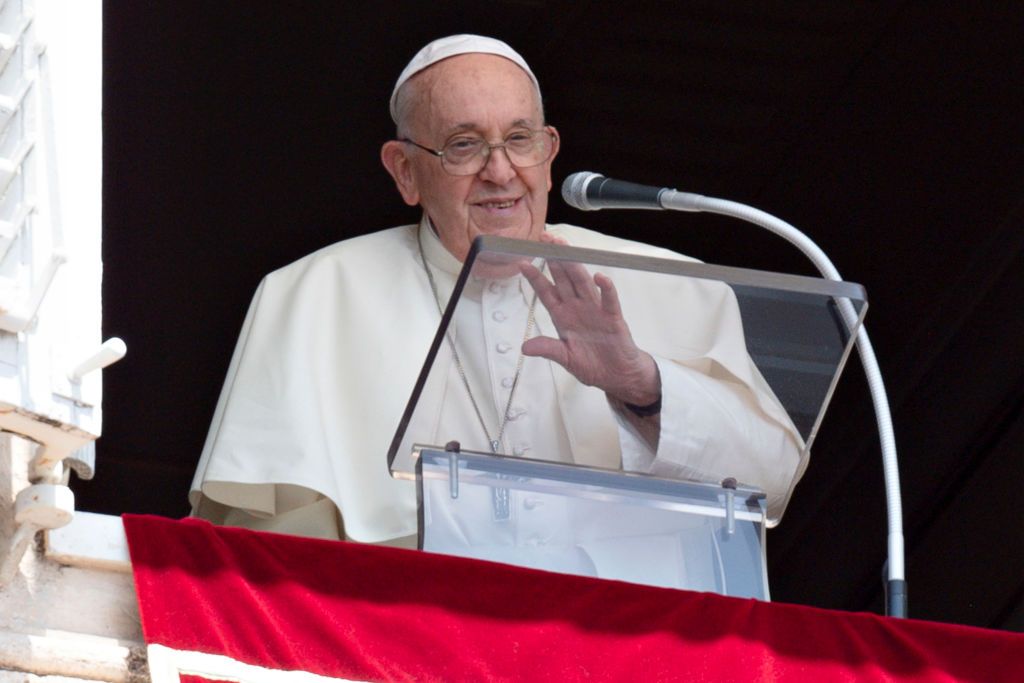Spanish, Belgian, Latvian, Finnish leaders confirm participation in peace summit

The leaders of Spain, Belgium, Latvia, and Finland all confirmed on May 7 that they would be attending the upcoming peace summit to be held on June 15-16 in Switzerland.
The event will be centered around Ukraine's 10-point peace formula, a plan first outlined by President Volodymyr Zelensky in fall 2022 that calls for a complete withdrawal of Russian troops from occupied Ukrainian lands.
Latvian President Edgars Rinkevics, Spanish Prime Minister Pedro Sanchez, Finnish President Alexander Stubb, and Belgian Prime Minister Alexander De Croo all confirmed their attendance in phone calls with Zelensky on May 7.
"We agree on the importance of the Peace Conference for Ukraine that will take place next month in Switzerland, in which I will participate," Sanchez said in a post on X, adding: "We continue working for a just and lasting peace based on respect for international law."
In a post on X, Zelensky said he had discussed "defense and political cooperation" with De Croo, adding: "We value Belgium's decision to begin providing Ukraine with F-16 jets already this year."
In a press conference on May 7, Latvian Prime Minister Evika Silinia accused Russia of using the threat of nuclear weapons to intimidate countries attending the summit. Russia has not been invited to participate in the global peace summit, and Moscow has said it would refuse to attend even if invited.
Russia said on May 7 that it will hold drills to practice the usage of tactical nuclear weapons to counter what it referred to as "provocative statements and threats from certain Western officials."
Russian President Vladimir Putin has repeatedly made nuclear threats against Ukraine and the West since the beginning of the full-scale invasion in February 2022. The threats have failed to materialize, and Russia continues to wage its all-out war without its nuclear arsenal.
The Russian Defense Ministry said the exercise's purpose is to "maintain the readiness of personnel and equipment" and "unconditionally ensure the territorial integrity and sovereignty of the Russian state."
The ministry did not specify which Western officials it said were making threats or provocative statements.














